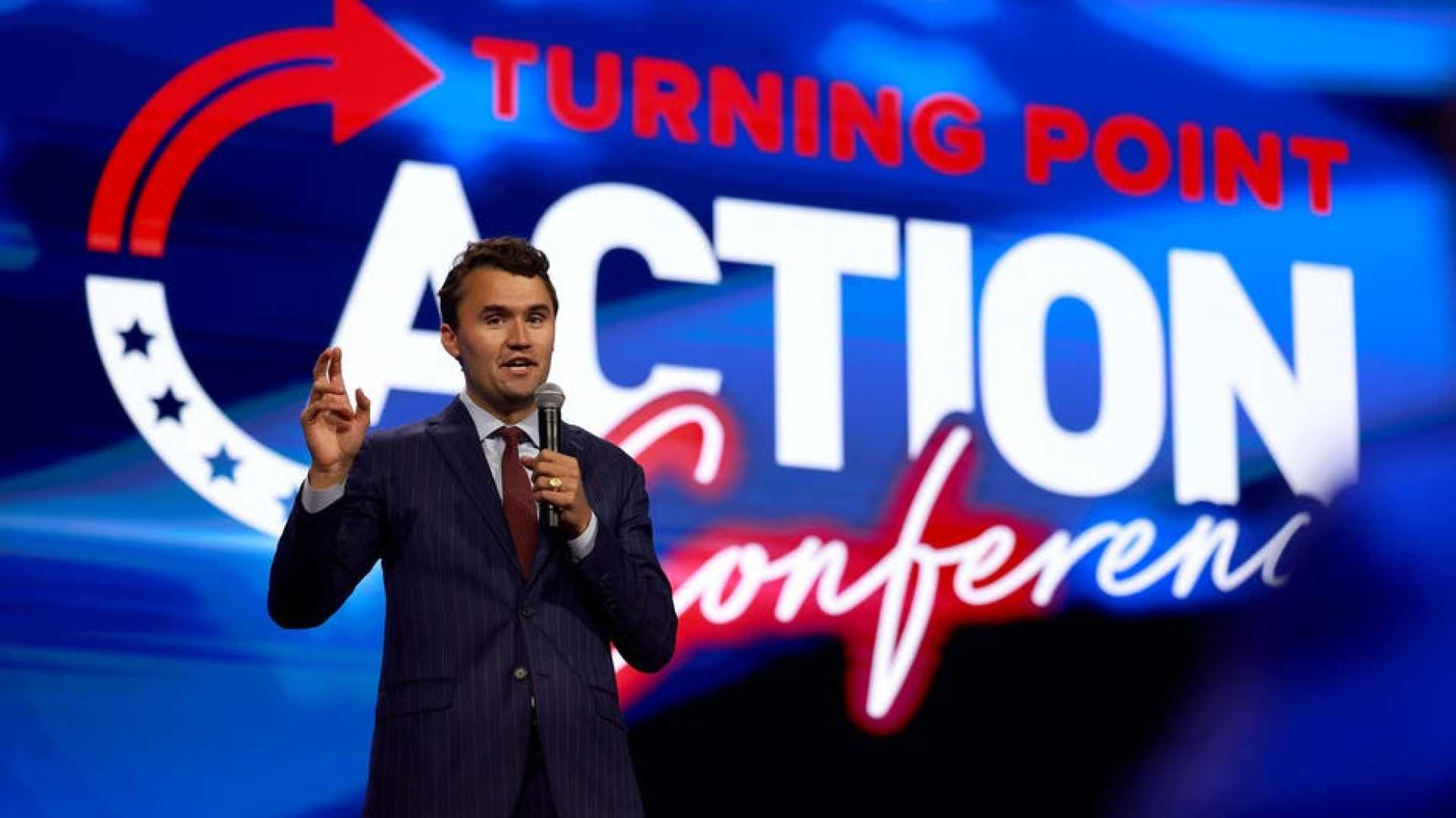Politics
Charlie Kirk’s Rise to Power in Christian Nationalism

TAMPA, Fla. — Charlie Kirk, founder of Turning Point USA, is making waves in U.S. politics as he rises to prominence within the Christian nationalist movement. At just 31 years old, Kirk has been appointed to boards of military academies, showcasing his growing influence. At the Air Force Academy, he is responsible for reviewing the curriculum and instruction, a role steeped in irony given his controversial past.
Kirk’s journey from a disillusioned teenager to a power player began during the Obama presidency, as he cultivated a political identity centered around conservative principles and gun rights. Growing up in a wealthy family, economic downturns sparked his initial grievances. According to journalist Kyle Spencer, Kirk’s evolution reflects the rise of grievance politics in America.
In his high school years, Kirk gained notoriety for his confrontational style, often labeling dissenting teachers as “neo-Marxists.” Despite being denied entry to West Point, Kirk launched Turning Point USA shortly after high school, claiming a gap year to work political events would better serve his ambitions.
Kirk quickly rose to prominence in the Republican Party, fueled by discontent with the previous establishment. He became an influential figure among right-wing activists, garnering attention for his provocative tactics, including creating a “Professor Watchlist” targeting left-leaning academics.
His organization, Turning Point USA, has been accused of fostering ties with far-right extremist groups. As racial tensions heightened in the U.S., Kirk often found himself in the spotlight, navigating the delicate balance between political activism and accusations of extremism.
In recent years, Kirk has focused on intertwining Christian nationalism with traditional conservative ideas. His organization has categorized its efforts as empowering civic engagement rooted in American exceptionalism. This shift involves new initiatives like TPUSA Faith, which aims to mobilize Christians in political activism.
In an evolving political landscape, Kirk’s influence reflects a broader trend of integrating religious convictions with a populist agenda. As he continues to draw support, Kirk’s role in shaping the future of American conservatism remains a topic of intense scrutiny.












